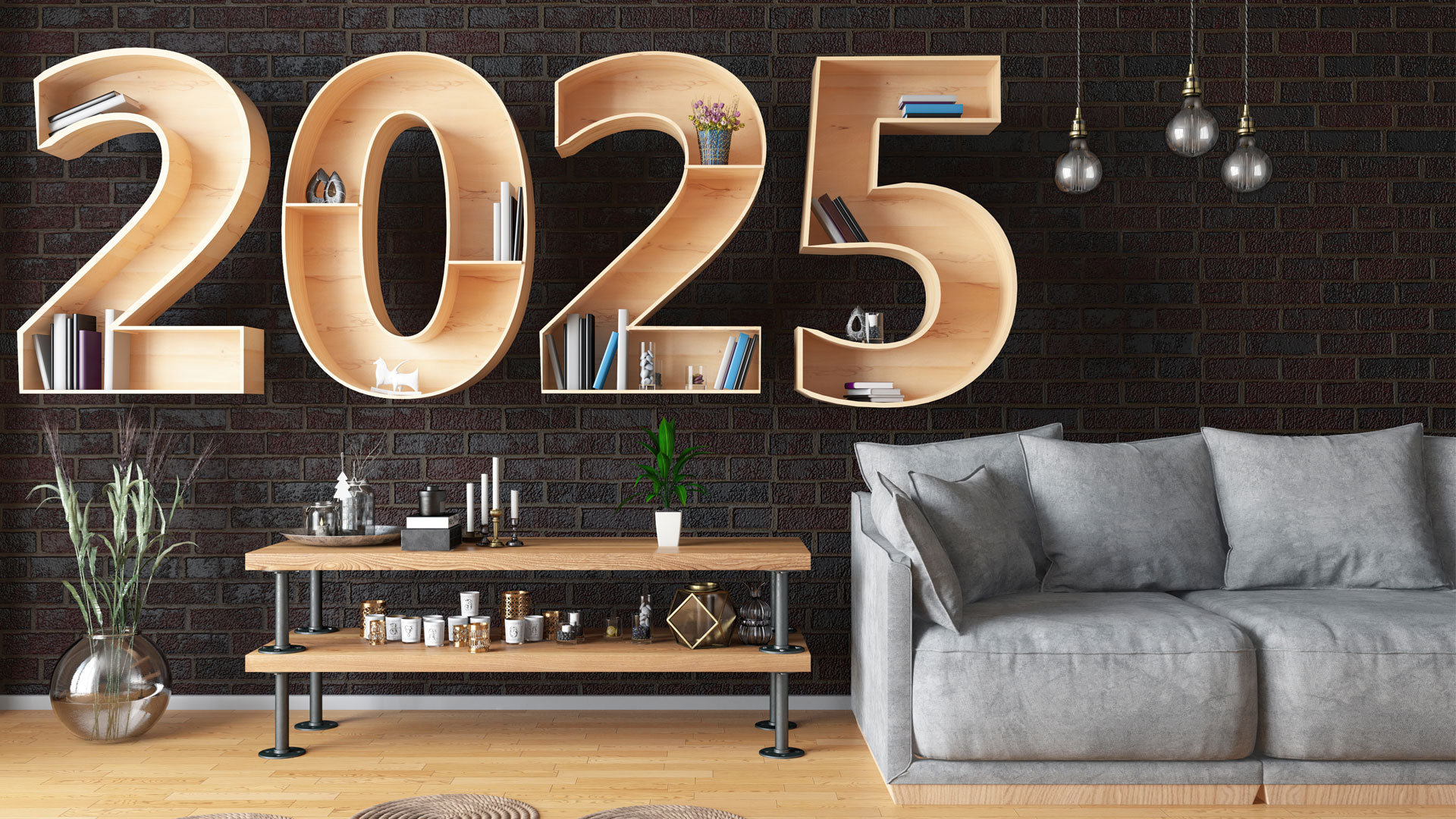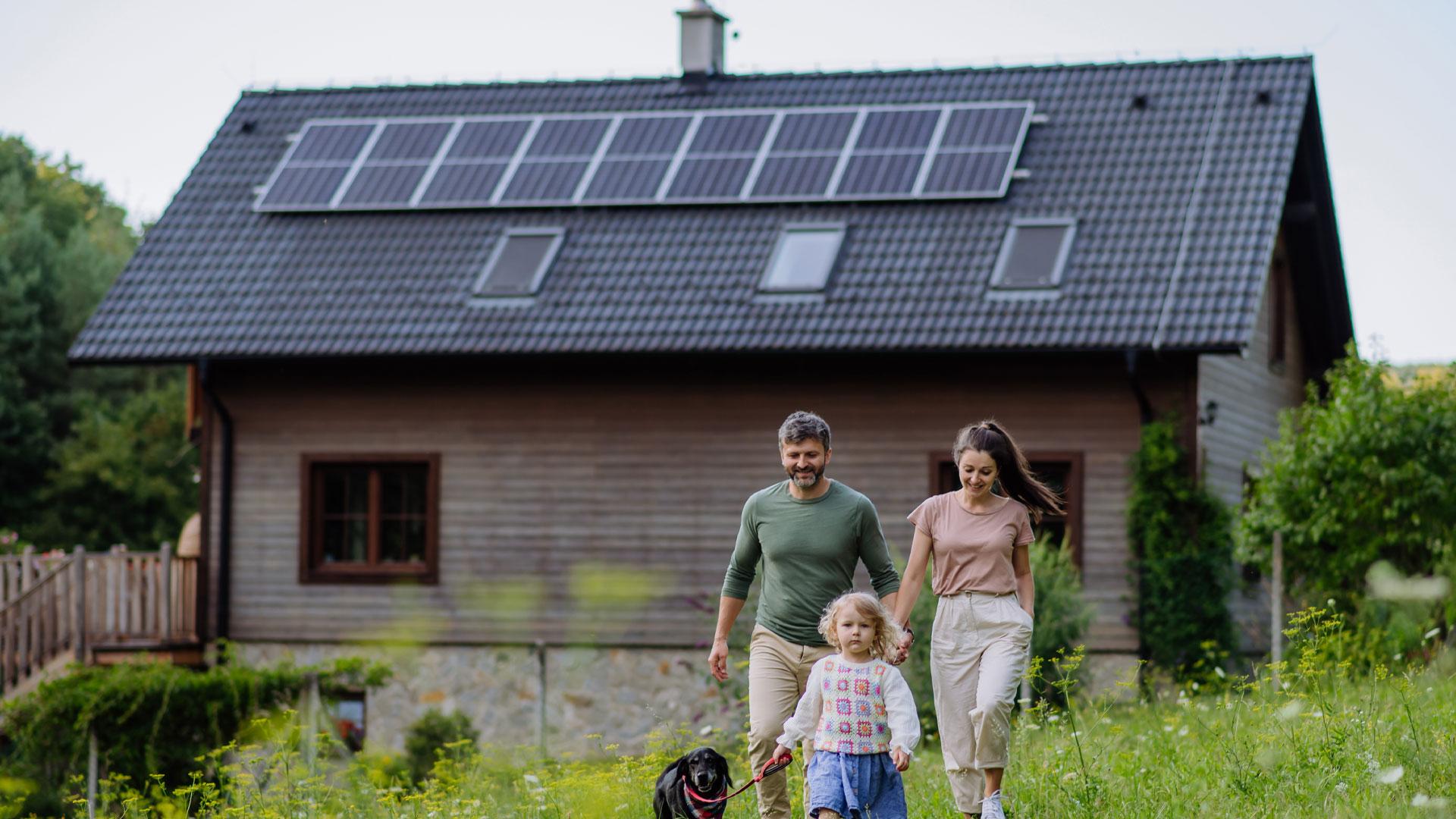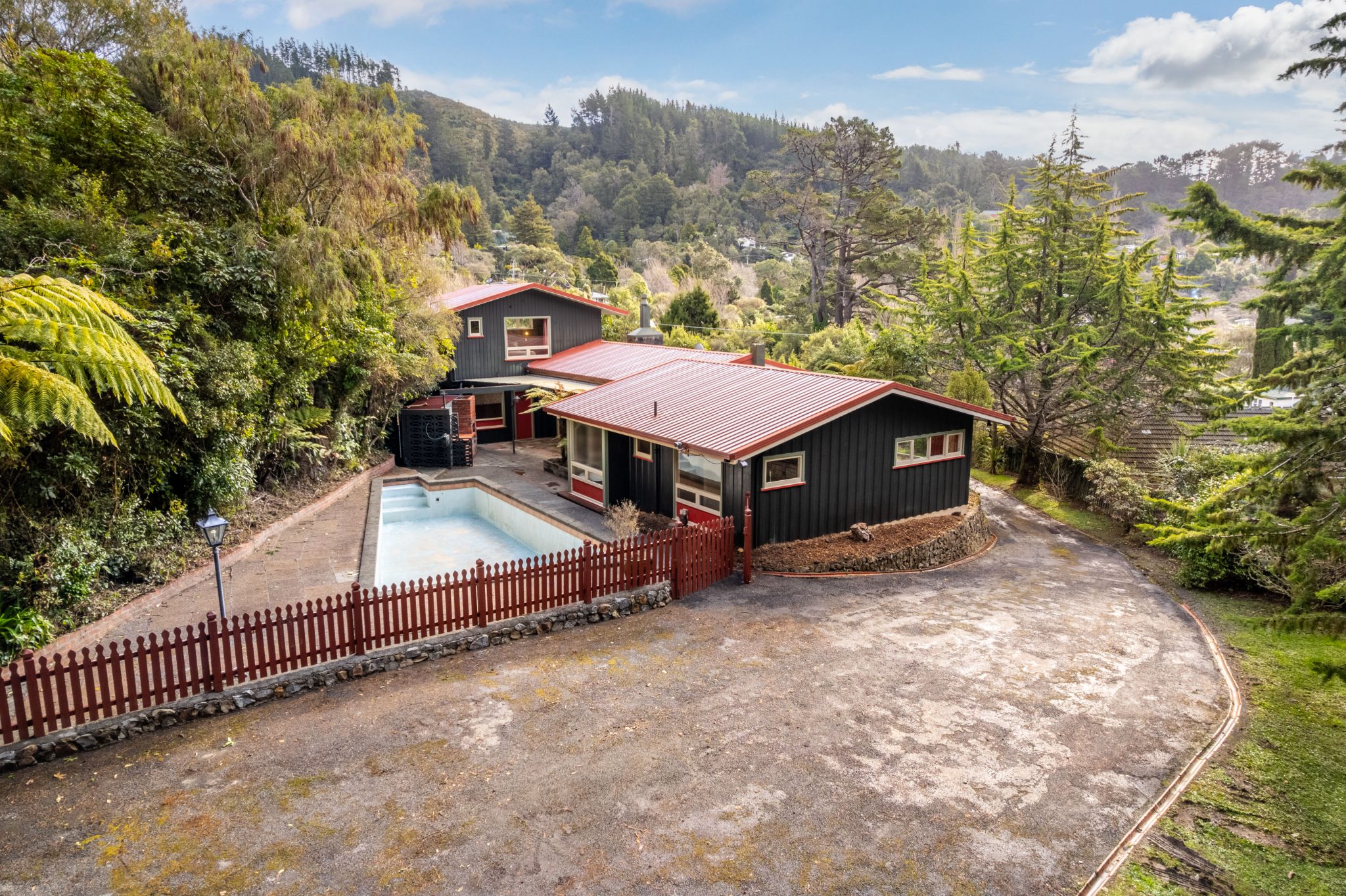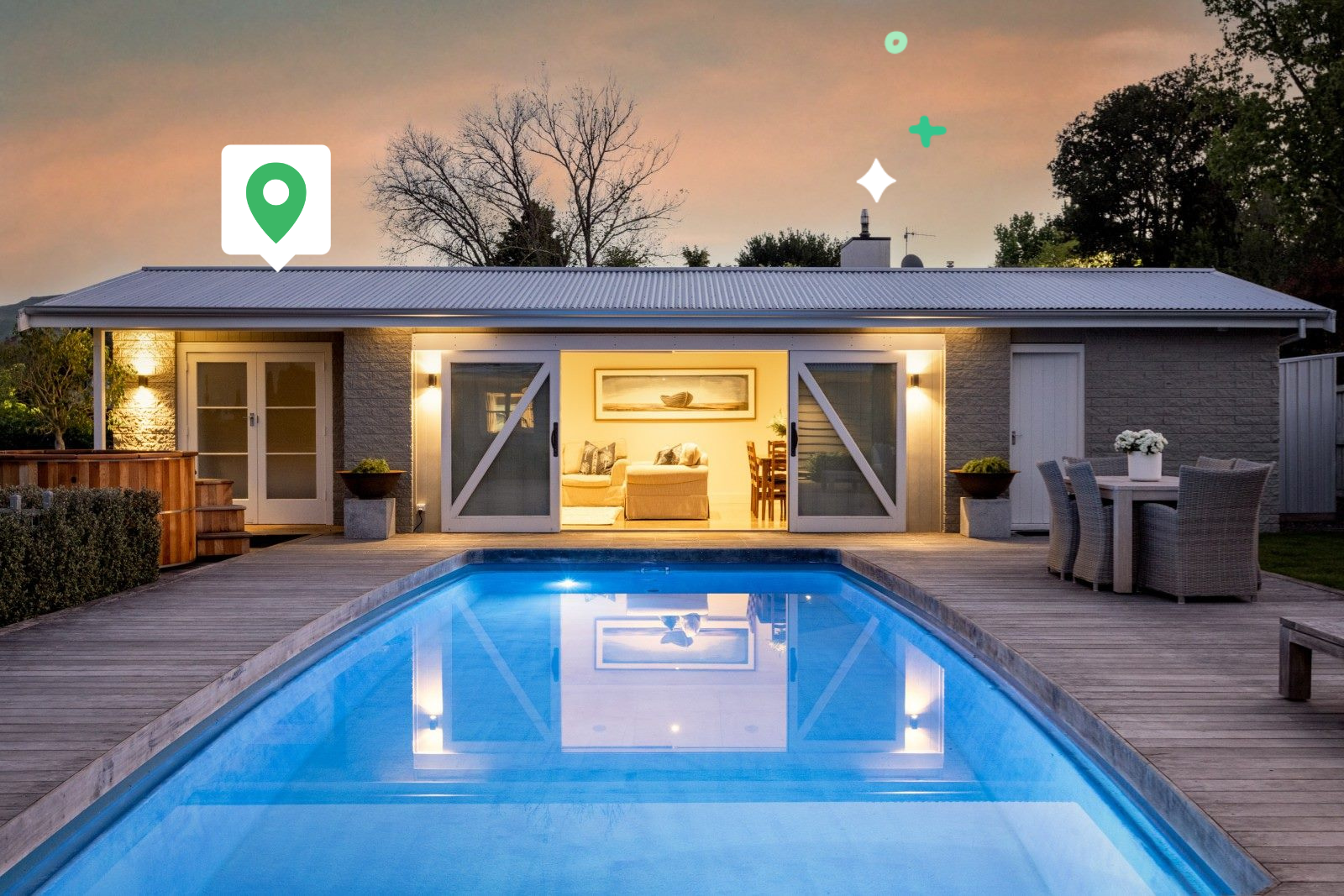Selling guide
Add value to your property with these 2025 home trends
Predicted home trends for 2025.
.png)
Eco-friendliness continues to be a major property trend around the world.
NZ home design trends for 2025: our predictions
1. Greater emphasis on eco-friendliness
2. Enhancing your outdoor spaces
3. Emphasising the office
A home office is a necessity for many home buyers.
4. Upgrade your bathroom and kitchen
5. Smart home features
Author
Discover More
Search
Other articles you might like








